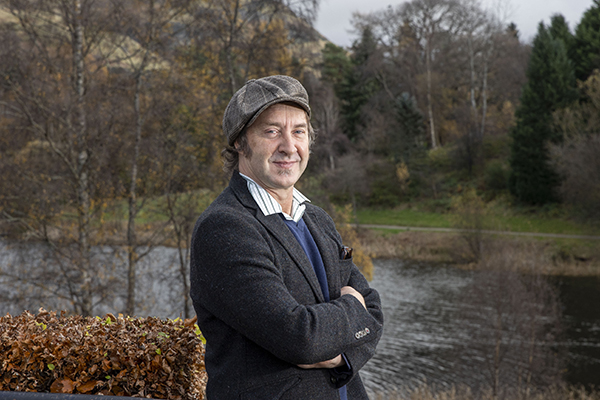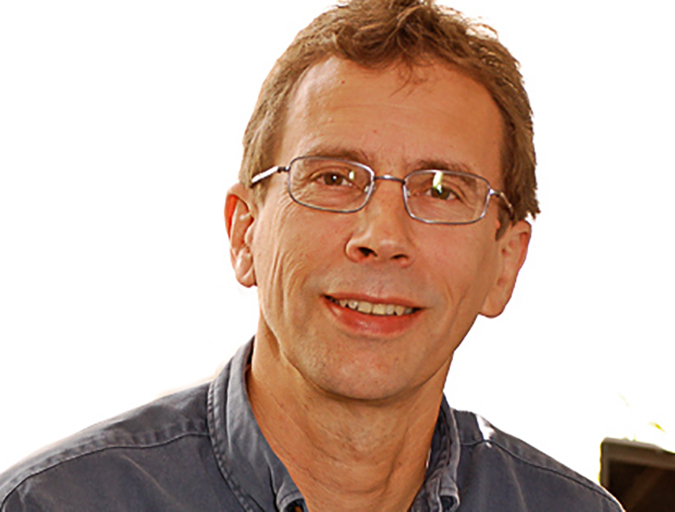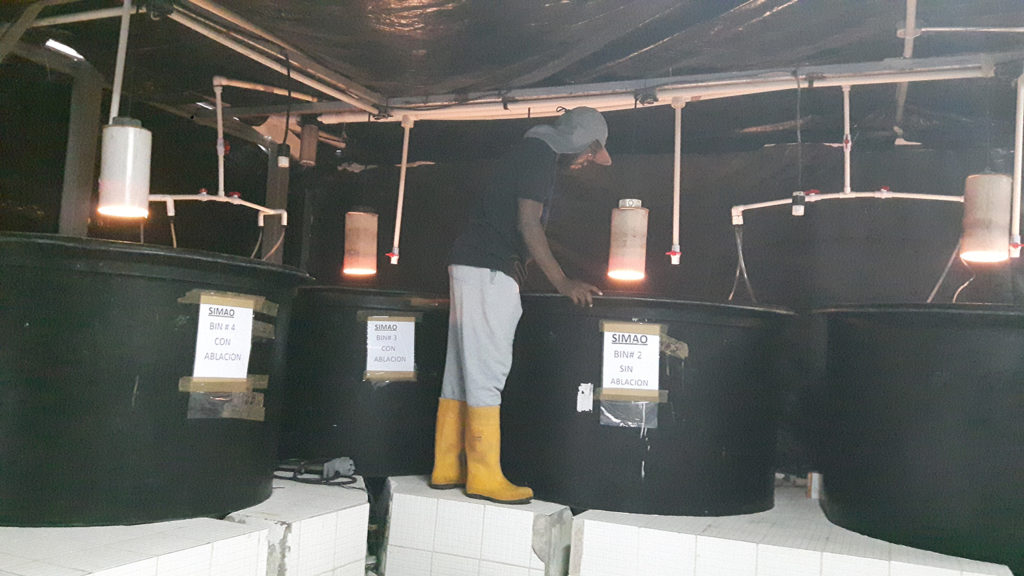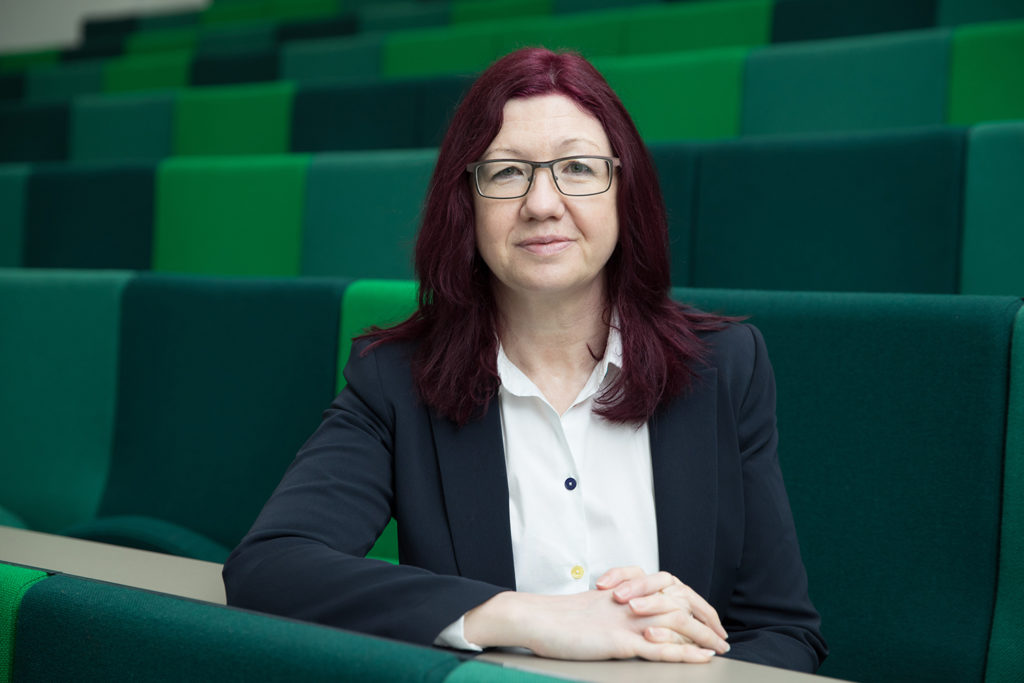Selena Stead to depart role after three years leading influential university program

Prof. Simon MacKenzie, a longtime University of Stirling professor, has been named the new head of its Institute of Aquaculture, one of the world’s leading academic programs for aquaculture.
MacKenzie, an evolutionary biologist and immunologist, will succeed Prof. Selina Stead on Jan. 1. Stead is taking on a new role at the University of Leeds (UK).
“We are grateful to Professor Stead for her dedication and vision in leading the IoA over the last three years,” said Prof. Alistair Jump, dean of the faculty of natural sciences. “The period of her leadership has seen rapid changes in the external environment across policy and practice and the very significant challenges of leading the Institute during the pandemic. Selina leaves the Institute efficient and well-positioned to meet the demands of the future.”
MacKenzie has a “wealth of research knowledge,” said Jump, and experience with academic-industry collaborations, which Stirling is known for, in areas like animal health and welfare. “He joins us at a tremendously exciting time, and we look forward to working with him as he leads significant new initiatives that will underpin the next phase of development of the Institute.”
MacKenzie was born in Stirling and spent 12 years as a professor of biology in Barcelona, specializing in human and animal immunology, before returning to Scotland. At the IoA since 2013, he has been director of research, focussing on molecular biology and the genomics of aquatic animals.
Stirling researcher preps eyestalk-ablation alternative trials
“I’m excited by the next phase for the Institute of Aquaculture, as we realize the potential of the City Deal funding, awarded in February 2020, and build a new Aquaculture Hub,” said MacKenzie. “We are already world-leading in our research and teaching, and the City Deal will enable us to create and sustain an innovation community that is rooted in the region, providing education and skills development for the blue food economy of the future, with global reach and impact.”
“The IoA has an extraordinary network across the sector and huge potential to support sustainable, resilient and secure aquatic food systems that enable health and prosperity for people and for the planet,” he said.
Follow the Advocate on Twitter @GSA_Advocate
Now that you've reached the end of the article ...
… please consider supporting GSA’s mission to advance responsible seafood practices through education, advocacy and third-party assurances. The Advocate aims to document the evolution of responsible seafood practices and share the expansive knowledge of our vast network of contributors.
By becoming a Global Seafood Alliance member, you’re ensuring that all of the pre-competitive work we do through member benefits, resources and events can continue. Individual membership costs just $50 a year.
Not a GSA member? Join us.
Author
Tagged With
Related Posts

Innovation & Investment
Aquaculture Exchange: David Little, University of Stirling
David Little, professor at the University of Stirling in Scotland, tells the Advocate about the rapid evolution of the aquaculture industry in Southeast Asia — where he made his home for many years — and discusses the role of academia in ushering in new eras of innovation.

Innovation & Investment
Innovation Award 2020 finalist: Simao Zacarias’ shrimp eyestalk ablation research
Farmed shrimp eyestalk ablation research is one of three finalists for the Global Aquaculture Alliance’s annual Global Aquaculture Innovation Award.

Aquafeeds
Omega-3 levels fall in farmed salmon but it’s still a top source
Reformulating aquaculture feeds, an industrywide initiative to reduce dependence on wild fish, has changed farmed salmon’s nutritional profile, as BBC News reported recently. The researchers on whose work the report was based say of course it has, yet it remains one of the best sources for these crucial fatty acids.

Innovation & Investment
New IoA chief at Stirling seeks new paths for aquaculture
Professor Selina Stead, the new head of the Institute of Aquaculture (IoA) at the University of Stirling in Scotland, assumes her post on March 1 and will be in charge of 180 staff and students, and in regular contact with a global network of partners and businesses.


